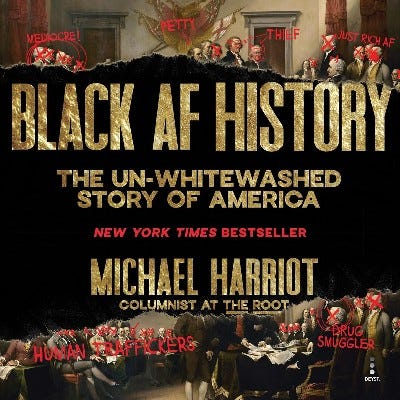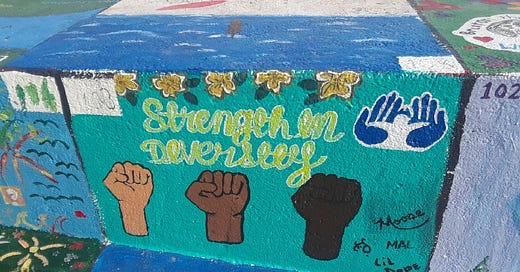
“Your hair is like Buckwheat’s.”
“You have the wrong kind of hair to be from Chicago. The wind just makes it blow and stay that way.”
“Why are there HBCUs anyway? There are more white people in the U.S. than black people. People should just go to regular colleges.”
“I’m not even black. I’m American.”
“Dreadlocks are just made of dirty hair.”
“George Zimmerman was protecting himself. Trayvon Martin was an adult.”
“Why do we have to have a black woman as the featured image on that piece? Diversity means more than black people. You can just pick somebody who’s Hispanic.”
These were the kinds of comments that stuck out to me when conversing with a former colleague. I would’ve been better prepared to hear this kind of rhetoric during my first two years of college, where I was one of less than 100 people of color in a school of 8,000 students. But I was somewhere between startled and disappointed to hear these comments from a biracial man who was also a person of color.
Now whether he wanted to be a person of color was an entirely different story. But he grew up in the kind of household that definitely voted for Donald Trump and listened to FOX News regularly. While his biological parents did not raise him (one of which was Jamaican), he’d never had black friends or even black families come into his childhood home.
I once explained “passing” to him, and he smiled broadly and said, “That’s me!” Initially I hoped he meant that as a joke. I quickly realized he did not.
ADVERTISEMENT ~ Amazon
As an Amazon affiliate, I earn a percentage from purchases with my referral links. I know some consumers are choosing to boycott Amazon for its DEI removal. However, after thinking about this thoroughly, I choose to continue promoting intriguing products from small businesses, women-owned businesses and (specifically) Black-owned businesses who still feature their items on Amazon. All five of my Substack publications now include a MINIMUM of one product sold by a Black-owned business. (I have visited the seller’s official site, not just the Amazon Black-owned logo, to verify this.) If you still choose to boycott, I 100% respect that decision.

I once explained “passing” to him, and he smiled broadly and said, “That’s me!”
He was absolutely stumped when I asked him to name a handful of black actors or black women emcees. Discussing “The Cosby Show,” “House Party,” “A Different World,” “Blackish” or even “Grownish” were simply out of the question. His understanding of Malcolm X stopped completely before the trip to Mecca. He had no clue who black historians like Marcus Garvey were. (I found this to be a double violation, considering Garvey’s Jamaican ancestry and Garvey’s widely known activism within the United States.)




